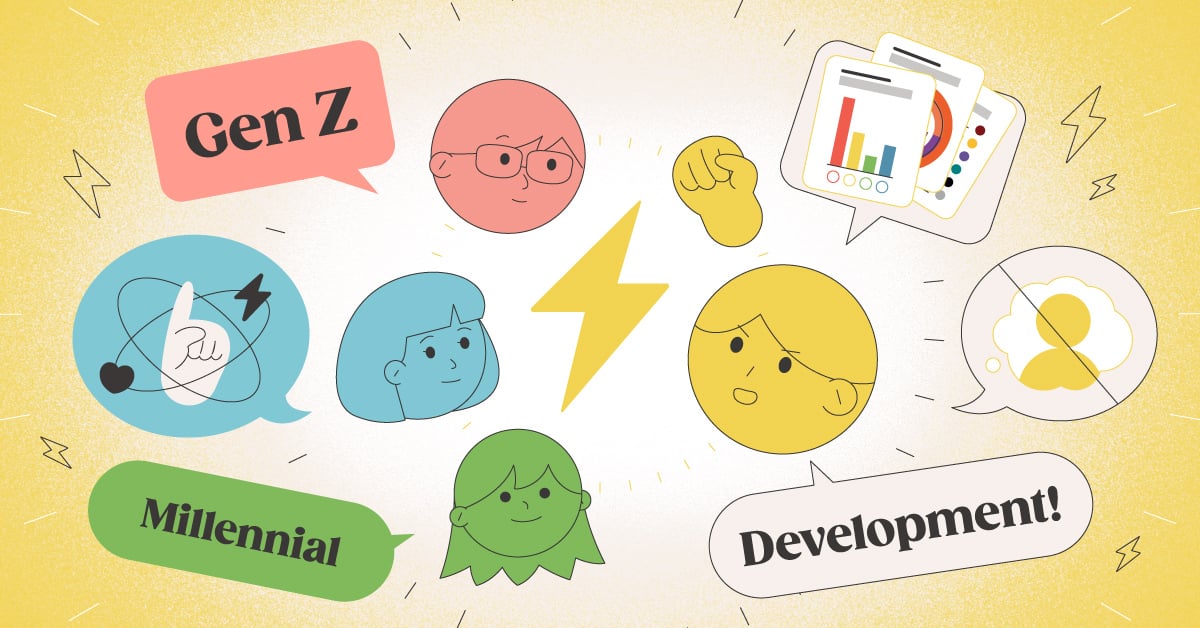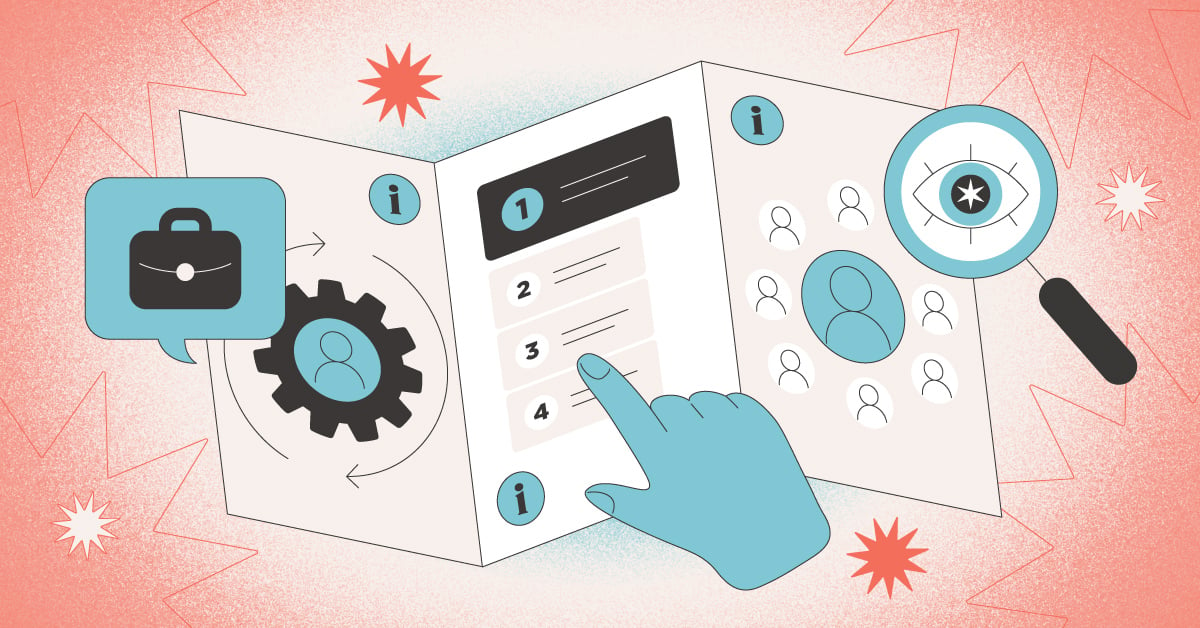
Did you know retention is dead? Nowadays, individuals are hiring a company to hone their skills, achieve their personal goals and fulfill their dreams. If you are still hiring based on resume and traditional interviews, you might want to try something new.
One of the key things you can do to help employees to build a higher sense of fulfillment is to determine whether their motivators are a good match for the role during the interview. Here is a motivators interview guide you can use based on the science of 12 Driving Forces.
Intellectual/Instinctive
Individuals who are highly intellectual are driven by opportunities to learn, acquire knowledge and discover truth. People who have a high Instinctive score are driven by using the past experiences and making decisions intuitively.
What to evaluate during the interview: If the position needs someone to make quick decisions without time to do a lot of research, will this person be comfortable and competent in this environment?
Interview questions: When you get a new project you’re not familiar with, how do you approach planning for and executing the project?
Resourceful/Selfless
Highly resourceful people are driven by maximizing both efficiency and returns for their investment of time, talent, energy and resources. While very selfless people are driven to accomplish tasks because they think it needs to be done no matter what.
What to evaluate during the interview: If the position requires someone who can operate with limited resources or constant deadlines, is the candidate sensitive to wasting time, resources and opportunities?
Interview questions: How do you manage time when you have multiple tasks going on and limited time to complete them?
Harmonious/Objective:
People with a highly harmonious driving force are motivated by the experience, subjective viewpoints and balance in their surroundings. There are others who are highly objective that see things as individual pieces and focus on the tangible and functional components of their surroundings.
What to evaluate during the interview: if this job needs someone who can work multiple projects at the same time and in a very fast pace environment, will the candidate enjoy doing so? If not, do they have their own method to recharge themselves?
Interview questions: How do you deal with chaos? What is your ideal company working environment?
Altruistic/Intentional:
Altruistic drives someone to assist others for the satisfaction of being supportive. Conversely, the intentional person will assist others if they see a connection to something important for themselves. In other words, they will be more selective when helping and do so for a specific purpose.
What to evaluate during the interview: if a major part of the job is to support customers without looking for personal returns, how does candidate balance the willingness to assist and the business bottom line?
Interview questions: How you would handle an account or client who had continuous need of support, yet showed no promise of future business?
Commanding/Collaborative:
People who are driven by status, receiving recognition or being able to control their own destiny have a commanding driver. On the other side of the spectrum is collaborative, people who are driven by being in a supporting role and contributing with little need for individual recognition.
What to evaluate during the interview: who would be more successful in this role? A person who is comfortable of working behind the scenes or someone who has the desire to be recognized as the one who led the team to victory?
Interview question: Give me an example of a situation you have been in where you had to work with several members of a team to accomplish a project. What was your role and how did it work out?
Receptive/Structured:
Very receptive individuals have a desire to find new ways accomplishing the task at hand. However, one who is led by a structured driver has a focus on proven methods and tried-and-true approaches.
What to evaluate during the interview: if this position is created to establish protocols or maintain existing systems, would the candidate naturally want to do so?
Interview questions: What do you say to someone who says “this is how we’ve always done it?”
Keep in mind, in real life, everyone is a combination of all their driving forces, especially their primary ones. It doesn’t matter whether or not an individual has a high or low score on a particular driving force, what matters is that the primary driving forces align with the job's needs. The key question to consider is, if you hire this person, will their top driving forces become a hindrance, or will they help the candidate become more successful and fulfilled in this new position.
Want to learn more about how 12 Driving Forces impacts your organization? Read blogs about how to manage teams that are driven by a specific driving forces.




